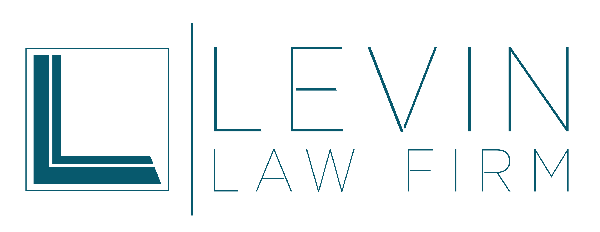Likely not. While not knowing the specific terms of conditions (or sources used to obtain imagery) of the exact “free wallpaper” website, many of such websites contain images that they have no right whatsoever to use. Many are privacy protected and/or run out of foreign jurisdictions where enforcement of IP rights can be extremely difficult, and using any such website with such a location is not a good practice. Professional photographers are not in the business of offering their images for free use on such websites. “Free wallpaper” websites are often rife with copyright infringing material, through even a very basic examination of most of those websites can discern. In fact, most of those websites do not even give assurances that images on their sites are proper for anyone to use for ANY purpose, thus a typical accompanying phrase such as “Images may be subject to copyright.” Finally, irrespective of the preceding, for an individual or company to use an image not as wallpaper would thus exceed the scope of any license the individual or company may have purported to have obtained.





